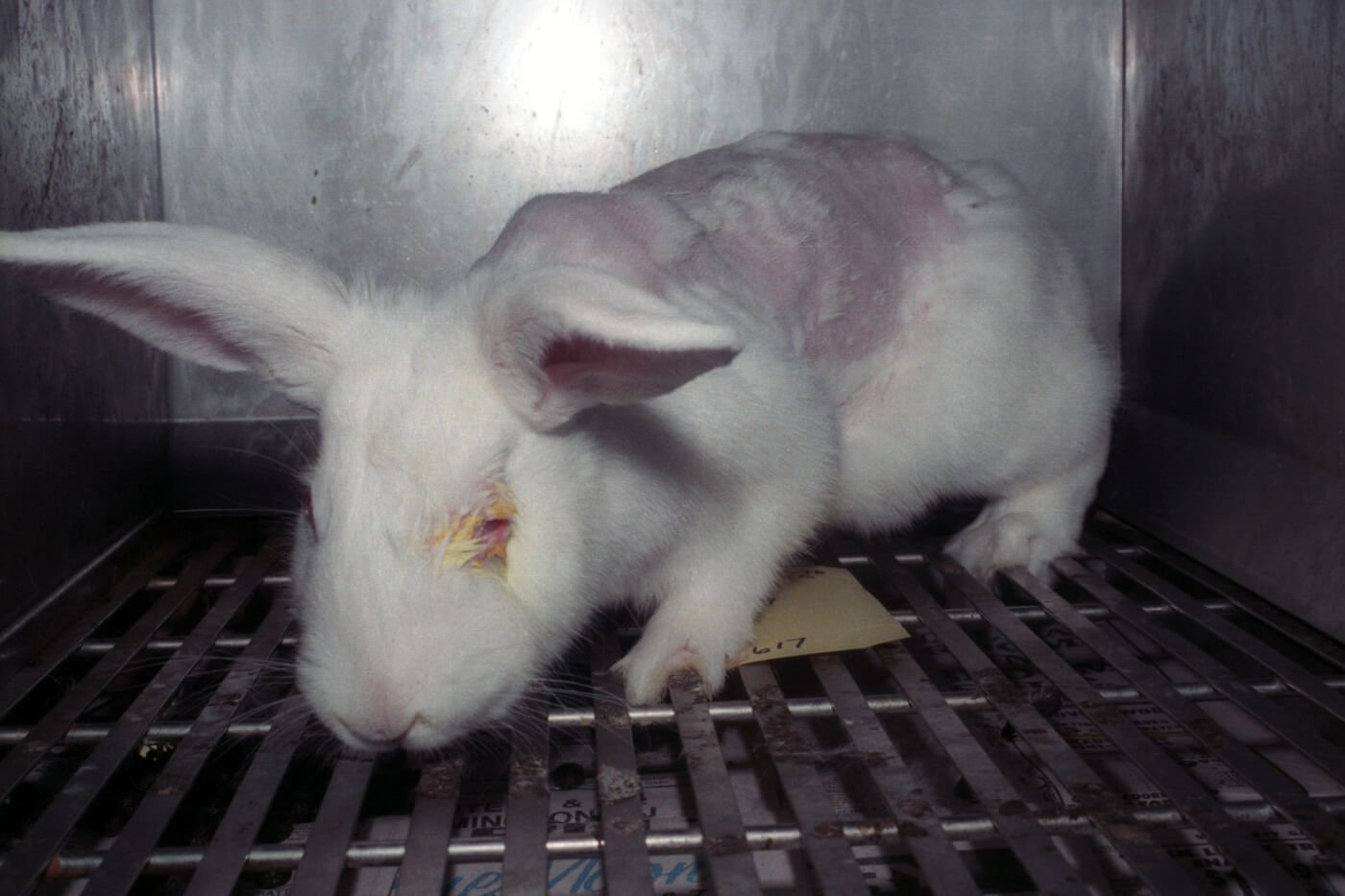Until recently pre-market and post-market animal testing was required by law for all cosmetics physically sold in mainland China. Cosmetics and personal care products companies are committed to eliminating animal testing whenever possible while also ensuring the safety of the products consumers use and trust every day.
 Cosmetics Animal Testing In The Eu The Ban Of Animal Testing Ce Way
Cosmetics Animal Testing In The Eu The Ban Of Animal Testing Ce Way
In 2014 the Chinese government stopped requiring cosmetics produced in China to be tested on animals.

Animal testing cosmetics. The FDA claims that animal testing may be necessary in some cases however the sale of cosmetics that have been tested on animals has been. Animal testing for cosmetics. In Thailand the Ministry of Public Health has agreed to look at ending cosmetics animal testing while in Taiwan the parliament recently voted to end testing.
The following information addresses the legal requirement for cosmetic safety. South Korea one of Asias largest cosmetics producers is working towards a partial ban on animal testing of cosmetics by 2018. Animal testing for cosmetics is relatively niche accounting for an estimated 100000 to 500000 animals per year.
While the FDAs Federal Food Drug and Cosmetic Act FDC Act does not specifically require the use of animals in testing cosmetics for. End cosmetics testing on animals. The legislation will enter into force in October 2019.
Animal tests for cosmetics involve rubbing the product into the eyes and skin forced feeding or lethal dose tests. For drugs and biologics the focus of Animal testing in cosmetics on the science and impacts of drugs pharmacology and its potential harm to the body toxicology. As a whole the cosmetics industry plays a very small role in animal testing at 01 to 05 but the absolute number of animals that are tested on is large and it is a topic that invites considerable controversy.
Have full or partial bans on cosmetics animal testing including all European Union countries Australia India Israel New Zealand Norway and South Korea. In the case of the Draize Test for example eyelids of the test rabbits were held back for at least 3 days during the test. Scientists conduct these experiments to test out new medicines to learn about diseases and check the safety of cosmetics and household cleaners.
Animal Testing Cosmetics. Although banned in the UK Belgium and the Netherlands tests on animals for cosmetic products still prevail in the United States. Animals are used often in the testing of drugs antibodies and other biological products and clinical devices mainly as testing before human trials.
Animal testing is the use of animals in experiments pertaining to products that benefit mankind. However according to a 2017 Gallup study 44 of American adults think that animal testing is unethical which is up significantly from 26 in 2001 Swetlitz 2017. The European Chemicals Agency new REACH regulatory decision in August of 2020 requires some widely used cosmetic ingredients to be tested on animals to protect workers the environment and for uses outside cosmetics.
In the UK and across the rest of the EU testing cosmetic products or their ingredients on animals is banned. This means that it is illegal to sell or market a cosmetic product if animal testing has taken place on the finished cosmetic or its ingredients before being sold in the EU. Consumers and manufacturers sometimes ask about the use of animals for testing cosmetics.
These tests are often employed when determining the toxicity of new ingredients. Animal testing of many cosmetic ingredients is now required in European Union due to new laws that override the cosmetic animal testing ban. In animal testing for cosmetics specifically the laws are clear in that there are no bans on animal testing and therefore it is allowed.
Basically animal testing is any procedure performed on living animals for the purpose of scientific research. In cosmetics testing animals would endure inhumane treatment where they are being restrained. Cosmetic testing on animals is a controversial issue.
However such testing remained required by law for all imported cosmetics. Please contact your legislators and urge them to support the reintroduction of the Humane Cosmetics Act to prohibit animal testing for cosmetics manufactured or sold in the US.
